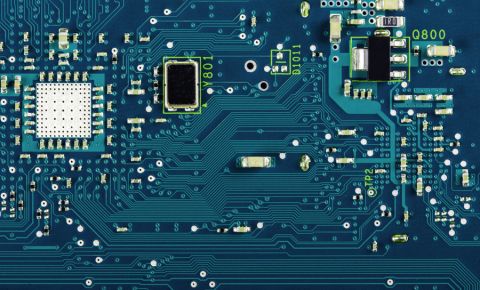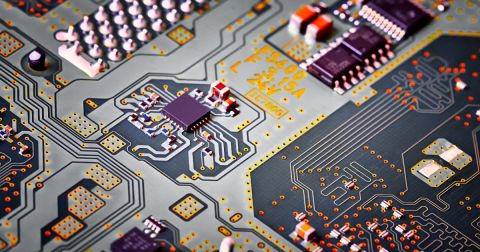The Do’s and Don’ts of PCB Design

How can you become a better PCB designer? You know all the basics of printed circuit boards, but you want to go beyond that. Accomplish truly great things, and take your place amongst the legends of PCB design. So what can you do? What is it that separates the best PCB design pros from everyone else, and what does it take to be like them? Here are just a few things you can learn:
1. Balance Speed and Productivity
The guys from corporate generally want everything done as quickly as possible. Deliver your finished PCB ASAP, so that they can get the ball rolling and decrease time to market on the finished product. This is a terrible way to design. Going too fast often means cutting corners, or overlooking important design elements. This ultimately causes problems that will slow down production while you’re forced to go back and redesign your PCB so that it works the way it should. Taking the time to ensure design quality the first time around will ultimately speed up the process in the long run. Make haste slowly.
2. Know Where to Look for Answers
That said, there are plenty of ways you can speed up the design process without cutting corners. Most electronics within a single product line share a lot of common components and circuitry. So if, for example, you use a 12VDC power supply in every product you design, it’s best to use an already approved design. It’s likely already been priced and sourced by others on your team for their own projects, so you know immediately where it is and how much it will cost. And if the part happens to be at the end of its life, then it’s likely that other engineers within your company will have already found a suitable replacement that you can drop in. Before you design it again, check your centralized design repository to see what’s already available that serves your purposes and meets the 3 F’s: Fit, Form, and Function. This can save a tremendous amount of time overall.
3. Understand the Importance of Teamwork
Some engineers and designers might work best by themselves. They could lock themselves away in a room with nothing but their design until they’ve completed the task at hand. There’s nothing wrong with this per se. However, the best PCB designers are adaptable. They may prefer to work alone sometimes, but not every project can be handled that way. They need to be able to work as a team as well, collaborating with other designers and, more importantly, learning from them. You’ll find many instances during a project timeline, that requirements and scopes are not always locked, and sadly, if you're not constantly collaborating and involved regularly in meetings, chances are you might be designing against obsolete specs! That’s the hallmark of any successful Circuit Board designer: collaborate with others, and have the will to recognize and take advice from those who are more experienced or knowledgeable than they are about a particular design aspect.
4. Know When to Break the Rules
As we mentioned in other blogs, some traditional pieces of what is PCB design wisdom are now obsolete, but continue to be passed down as facts. The great PCB design pros know all the rules and guidelines for good design practices, but they also know when those rules are helpful, and when they’re simply a hindrance. An example would be the 45 degree routing angle. If you’re not designing at a microwave frequency, this rule of thumb can be just a cosmetic thing at that point. Great circuit board designers don’t just blindly follow the rules they were taught, but they don’t just arbitrarily break them for the sake of breaking them, either. They’re constantly working to solve problems in new and innovative ways, in order to do what’s best for their design.
These are just a few of the things that great PCB design pros do. The most important thing they can do, though, is to remain humble and not think of themselves as great PCB design pros. No matter how good you are, there’s always someone better, and there’s always something you can learn from someone else. If you keep an open mind, listen to the advice and suggestions of your fellow designers, and never stop learning, then you too can be among the best PCB design pros, and teach us few things. We would love to discuss these and more rules around PCB Design at the upcoming PCB West Conference at booth 314. Click here to register.
For all those Printed Circuit Board Design pros out there, would there be any advice you would have for a new PCB designer? Comment below.










